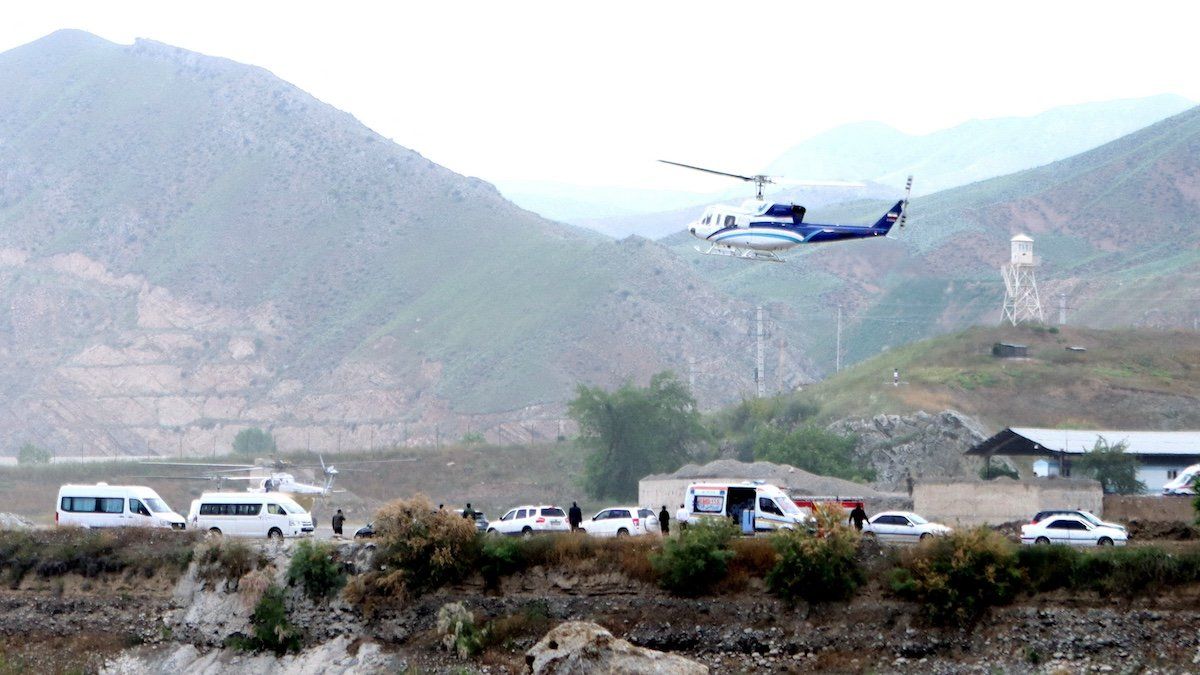Iran’s President Ebrahim Raisi and Foreign Minister Hossein Amirabdollahian died when their helicopter crashed on Sunday in northwestern Iran. No signs of life were found at the crash site, which was discovered Monday by a search crew in rough weather.
Who is Ebrahim Raisi?
Raisi, 63, was a hard-line cleric who ran Iran’s judiciary before being elected president in 2021. Under his tenure, Iran expanded its regional influence, supported militant proxies, and stepped up its nuclear program. His administration was marked by significant anti-government protests following the 2022 death of Mahsa Amini in state custody, as well as economic decline due to sanctions. Raisi was accused of authorizing the execution of thousands of political prisoners in the 1980s as part of Iran’s notorious “Death Committee” and was viewed as a potential candidate to follow Ayatollah Ali Khamenei.
What happens if Raisi dies?
First Vice President
Mohammad Mokhber will temporarily assume the presidency, while Deputy Foreign Minister
Ali Bagheri Kani will become FM, and the country will undergo five days of mourning. The constitution says an election should be held within 50 days. Don’t expect major foreign policy shifts or the regime to fall — Khamenei and the Islamic Revolutionary Guard Corps have firm hands on the reins.“An election is likely to be stage managed by authorities, including Khamenei, to ensure a smooth transition to a new hardliner that matches Raisi's profile and has close ties to the IRGC and Supreme Leader,” says Eurasia Group analyst Greg Brew. “The election is sure to feature low turnout and will likely reflect ongoing public dissatisfaction with the the regime — there may be some fireworks, but any drama is more likely to play out behind the scenes.”We will keep you updated on this developing story.
